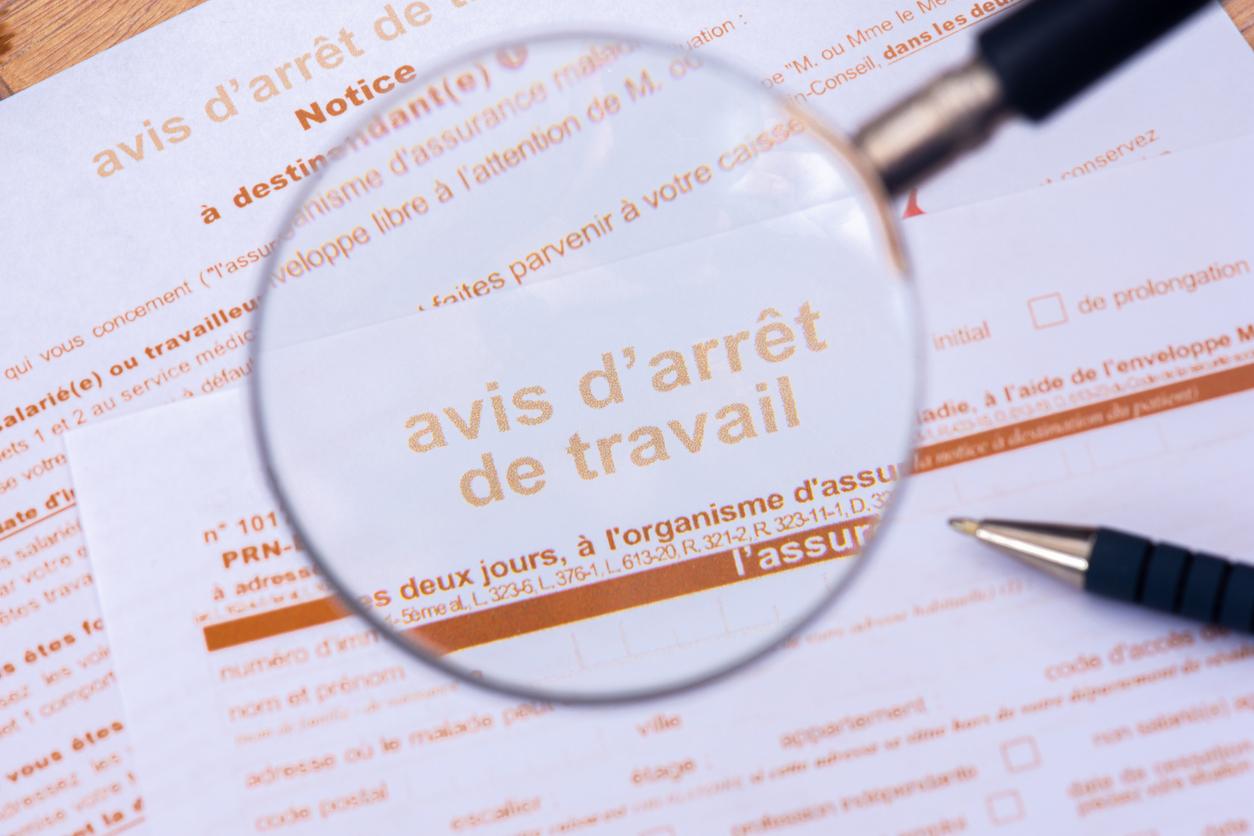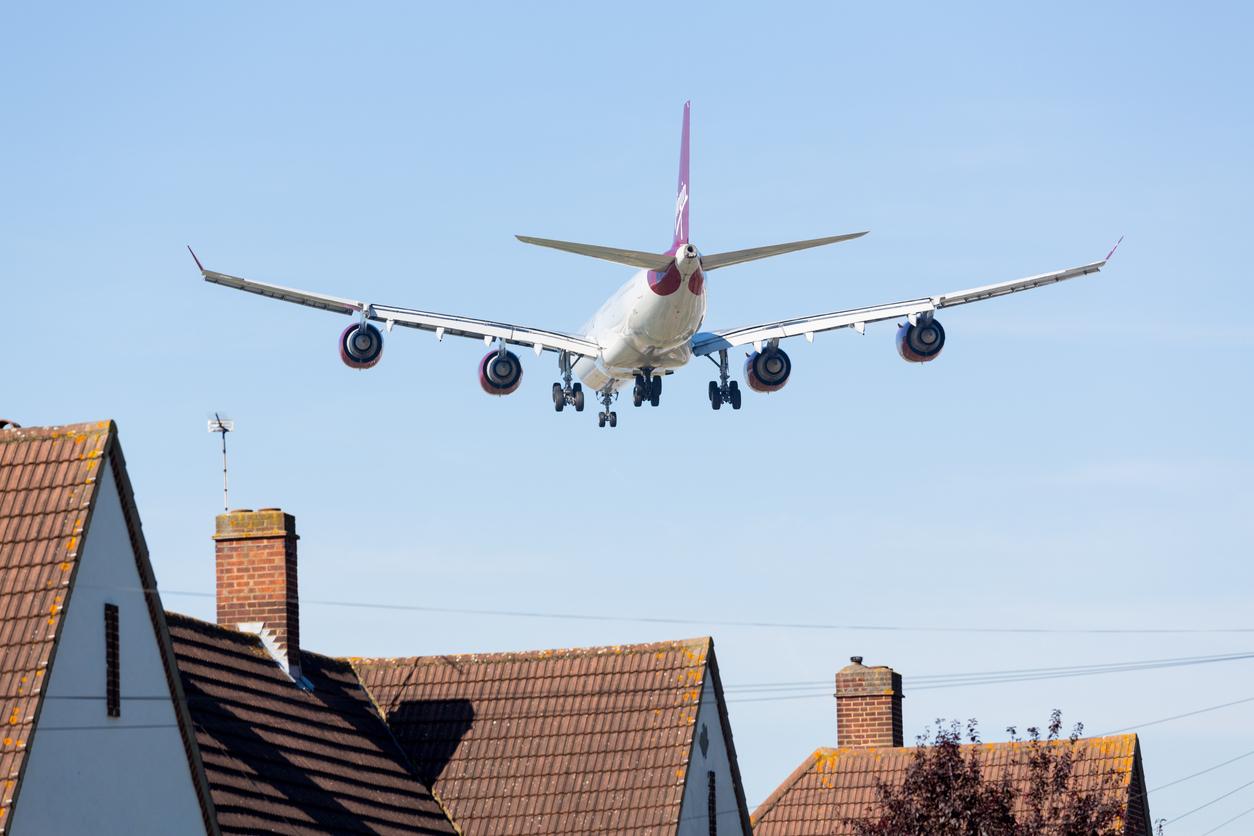On the occasion of Hearing Health at Work Week, the new Ifop-JNA barometer reveals that in France, more than half of employees are bothered by noise pollution.

- 42% of employees know how to react in the event of hearing problems resulting from strong noise exposure at their workstation.
- Earplugs, noise-canceling headphones, spaces for isolation, changes in equipment… 50% of employers have implemented at least one solution to reduce noise in their premises.
In France, one out of two workers is bothered by noise in their workplace. This is reported by the Ifop-JNA barometer, carried out on the occasion of Hearing Health Week at work. To reach this conclusion, the National Hearing Day association carried out investigation from a sample of 1,118 people, representative of the active French population aged over 18.
Noise at work: which sectors are most affected?
According to the results, Ile-de-France residents and workers (65%) are those who suffer the most from noise. Among the sectors most affected by noise pollution, we find trade (which includes automobile repair, transportation, storage, accommodation and catering). Agriculture and industry rank second. Then there is the construction industry.
53% of teleworkers no longer want to return to the office because of noise
For one in two teleworkers, the annoyance of noise could make them flee face-to-face. According to the barometer, 35% of employees are bothered by noise from outside, 28% are disturbed by the comings and goings of their colleagues, 27% are disturbed by conversations and 23% by the equipment used, namely printers, or computers.
Noise can have an impact on the health of workers
The survey indicates that noise pollution can have repercussions on work relations. Noise is the source of misunderstandings, tensions and conflicts. It can also make employees aggressive during exchanges or encourage them to avoid communication with others and withdraw into themselves.
Because of noise pollution, employees may suffer from stress (56%), be more tired or irritable (66%). Other noise-induced symptoms: tinnitus (39%), sleep disturbances (39%), depression (38%), hypertension (30%) and onset of deafness (34%).














